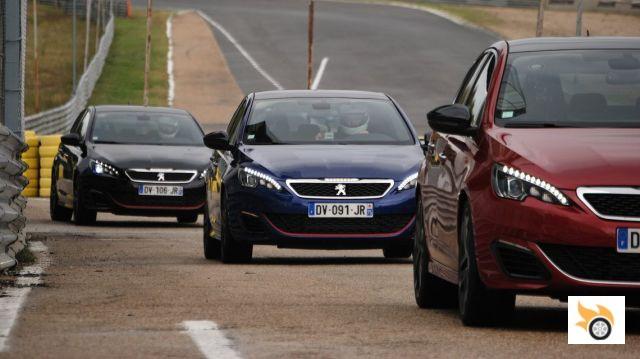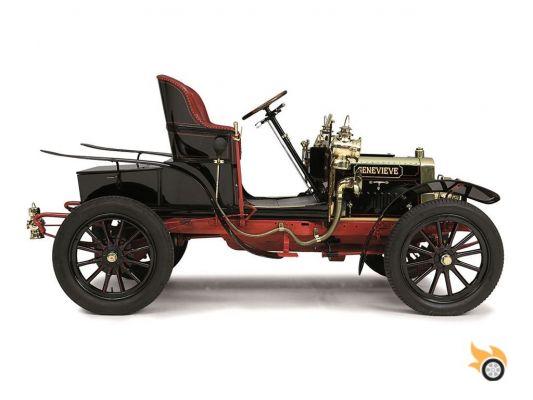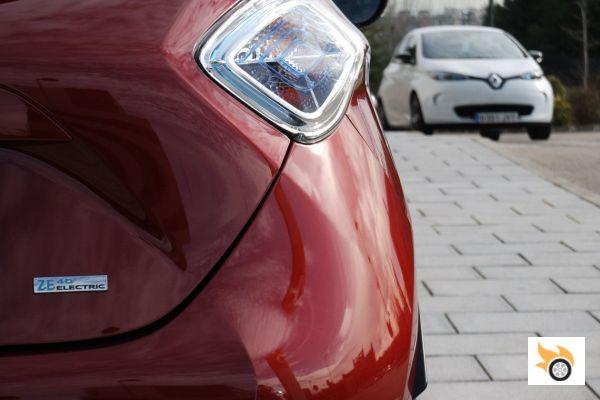Before I continue, let me take a short look back to the world of computer science, where we are a few years ahead. Very early on, programming was a very complex task, which was in the hands of experts, and low-level languages were used. In other words, programming was done with the machine you were working on in mind.
Over time, the accessibility to such a dark and opaque world was extended, with the arrival of high-level languages like C, or very high level, like Java. In other words, with the same code or very few changes, the same program can run on very different machines with very different operating systems. This is what is called abstraction in computer science, and it encouraged compatibility.
As compatibility expands and as we move away from closed specifications, that's when the problems start. The programmers didn't (or couldn't) take into account all the possible casuistry, so the effectiveness of the programs started to drop below 100%. The probability of failure began to increase, one thing leading to another.
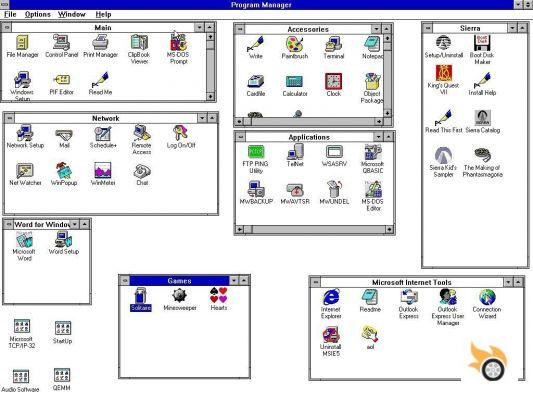
The most secure and stable computer systems are usually found in companies such as banks. There have been cases of programs that have been working for 30 years (or more), and they have not dared to change because whoever designed it retired, or died. And if something works, it's better not to touch it. They were programs that could work for years and years without failing, or with negligible failure rates.
Nowadays, computing sucks. We pay 70 euros for incomplete games that require almost constant updates. Our mobile phones, computers, game consoles... have become addicted to the Internet, because they need to be constantly updated. If not, they can even stop working.
And do you know why we need to update so much? In the words of a computer engineer, because you program with your ass. It's as simple as that. Sometimes it's because something new is added, or some compatibility with something that has been released after the physical device. Up to that point, we can understand. The rest is bug fixes, which most of the time are the responsibility of the human beings behind it. In theory, programs don't make mistakes, nor can they make mistakes, but this is an ideal rather than a common situation.
If all the principles of software engineering were respected, such as testing what is sold, it would be a different story.
Nowadays, someone who knows nothing about programming can make, if they make a little effort, a mobile application. It is not necessary to have a deep knowledge of the guts of the device, or read tons of documentation, there are things that can be done much faster with assisted design (IDE). Obviously to achieve the best result you need to know, and you need to know a lot.
Devices that don't keep up with the frenetic pace of updates start to become outdated quickly. One day, the support ends, the updates end and if there are bugs you eat them (you live with them) or they stay frozen in time. We dramatically accelerate the obsolescence of devices (hardware) because their software has been orphaned.
For example, a mobile phone from five years ago, if it was left without updates two years ago, can be a paperweight for many tasks, although the basic functionality of phone calls, SMS, clock ... works perfectly. I'm not talking about the Pleistocene, but 2011. Few people have the patience and knowledge to extend the useful life of certain devices to the maximum.
Little by little, the same thing is going to happen with cars, and I'm scared to death. One day, the support and upgrades will end, and the systems will become virtually useless. Opel's Intellilink system is a prime example. It came out in 2013, and by 2015 it was sentenced to digital death. It came out half-baked, and will never be finished. And I have it on good authority that those who paid €1,000 for that concept are organizing to go to court, for that misleading advertising thing. Since it's a closed system, it can't be improved outside of Opel either.
Right now, one of the systems that most quickly become unusable are the navigators. They require map updates, and in the event that the manufacturer deigns to provide one, it can cost 150 euros to update. We're talking about devices that cost well over 3,000 euros in some cases. In many press dossiers it is stated that the latest model navigator will have updates for five years, from then on, paying, until they stop bringing them out.
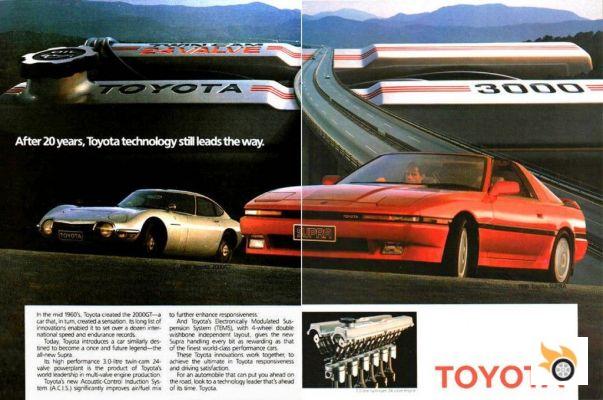
Allow me to digress, let's talk about classics. Even if 15-30 years ago the manufacturer already passed on them, if they have been maintained, they work, and can be used without -almost- any restrictions. They don't meet safety or emissions standards, but in their day they complied with what was available. Some manufacturers have stopped providing parts, but other companies provide them as long as there is demand. When the spare parts run out, bad thing, we will have to pull craftsmanship, or scrapping. Similar to what happens with electronics, but we are talking about a much longer useful life.
From the first high-end press cars I had, sometimes came a pre-installation for mobile phone, but of a very specific make and model. Now that's a useless piece of junk, unless the Sony Ericsson or Motorola is still working. Something was learned from that, now there are basically two charging systems, the MicroUSB, and the iPhone, and the Bluetooth system ensures almost total compatibility between phones and cars. Until a new standard comes out and everything goes to hell.
Look at what happened with analogue TV: either you bought a DTT, or you stopped receiving TV. With radio it is happening, much more slowly, because there is already DAB (digital terrestrial radio), and the analog switch-off takes longer to arrive. The more established a technology is, the harder it is to make the leap to the next one. In the meantime, AM continues to work, which can be heard hundreds of miles away with clarity, unless you go under very high voltage cables. Sometimes the simplest thing works best, and for the longest time.
The other day I mentioned in the first Audi A4 test that some modules are upgradeable in the future, precisely to avoid this. Until Audi stops keeping it, and if the specifications are not released to the public (which I do not expect them to do so) the car will have more unusable elements. And this can happen in absolutely any brand.
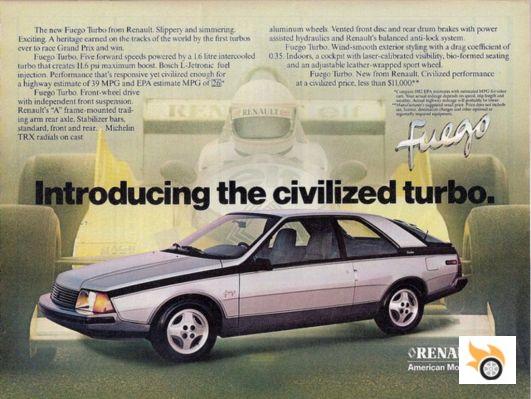
There are upgrades that are viable with a bridge technology. For example, we can still use a radio from the early 90's with the latest sound technology - even internet music - as long as it works with CD changers. You adapt a connector and the signal, and it's still operational. There are other improvements that don't make any sense, because the wiring is incompatible, or it can't handle so much information, or it's economically unthinkable to make the improvement.
Today, the reigning mobile platforms are iPhone (Apple) and Android (Google). At the speed at which everything is going, in just 10 years they can be totally obsolete and discontinued. Just look at what happened to Nokia, from having the total leadership of mobile technology, to being insignificant. A late model car, with compatibility with those platforms, will be practically useless in that sense when the next technology comes out.
If we go the other way, ensuring perpetual compatibility can be a serious mistake. This is what happens for example with Windows, it has tried to maintain backward compatibility with so many things, that it has reached a point where the operating system was a monstrosity of complexity, bugs and vulnerabilities. And you had to wipe the slate clean, and come out with something new that made the old stuff unusable, unless you used emulators and other subterfuge.
In autonomous cars, my concern is raised to the nth power, both for reliability, long-term usability and logical security.
And while I'm on the subject of vulnerabilities, this is a very interesting topic. The Internet is increasingly being used for on-board systems, first for infotainment, then for more serious things like actual traffic conditions. The precedent of being able to hack into a car remotely and do all sorts of shit to the driver has already been broken, because there are communicating vessels between critical areas of the car and the outside world. Without constant updates, the door is left open, and this is very dangerous.
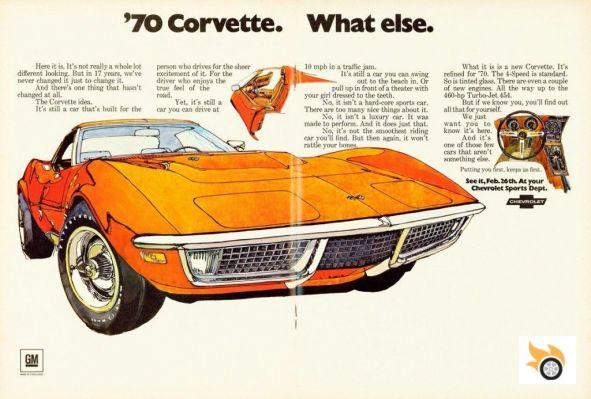
Tesla, on the other hand, can update their cars remotely and improve them on the spot... until they decide to stop doing it... until they decide to stop doing it.
Imagine for a moment that cars over 20 years old could be stopped remotely, because the manufacturer no longer has updates and bugs are not fixed. That's what will happen in 20 years, just as it sounds. We depend on the good faith of the manufacturers, there are no laws forcing them to provide support for decades, even if it's that serious. They are obliged to provide physical spare parts, but not logical ones.
Even if all the software is perfect (which is saying a lot) and free of bugs, sooner or later it will need updates, and if there are no more, functionality will be clearly threatened. And don't think that manufacturers care much about what they sold 20 years ago or more. They'll tell us to buy the new model, and get rid of ours. With that mentality, not so many historic cars would have made it to the present day.
Imagine for a moment what would happen if there were no replacement tires, no additives to replace tetraethyl lead, and you couldn't change things like shocks, brakes, wipers and that sort of thing. It would be complete chaos.
In a late model, with all the instrumentation on a TFT screen, when the screen breaks down, the driver will be like in 1910: he won't know how fast he's going, or how much gas he has left, or where he's going, or what it sounds like, or who's calling him, or if anything breaks... It will be like driving a car without instrumentation, as it is. Repairs will be possible, but not cheap.

Manufacturers, in all honesty, try to make their designs more durable over time, and have lower failure rates by using higher quality and more expensive components than those usually used in the pure and simple technology industry. They are less prone to planned obsolescence. The second most expensive investment that people tend to have in their lives is supposed to last a long time, but the habits of stretching the useful life of cars is not what it used to be. The crisis has slowed the process or temporarily reversed it, until it passes.
Look at what has happened in Cuba. People have made a living to keep the cars in circulation in any way they can: using truck parts, Russian engines, handmade plumbing... and there are real monstrosities circulating. If you want to, you can but... ufff. In the first world, consumers are responsible, we want the latest and despise the "old", and manufacturers have taken note.
We have become accustomed to appliances lasting a short time, and to replace them with new ones because it is "not worth it" to fix them. That has carried over to all consumer electronics, even if they have an aluminum apple stamped on them and cost twice or three times as much. Are we going to allow cars to become appliances too? Let's give them time. Besides, car ownership is going to become less and less popular, the "as much you use it, so much you pay" formulas are already here.
Back to Opel's case, right now it's hardly noticeable, but many people may turn their backs on them the next time they want to buy a car, for setting the precedent of selling a half-baked technology and not letting it work. For a part worth 1,000 euros. If consumers don't punish those who are careless with their already sold product (after sales), it will happen again, and so on and so forth until we all accept it, and it becomes normal.
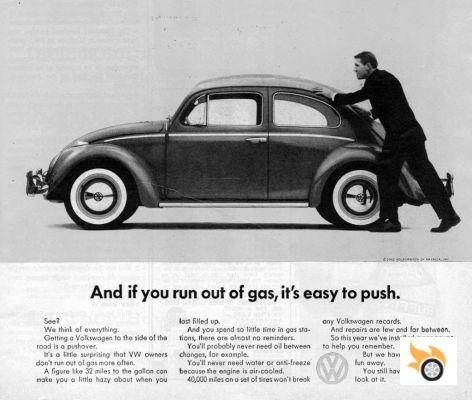
Before I say goodbye, I want to give another warning, and that is that when a product is so dependent on updates, its creators have much more control over it, as I warned in a previous article. One big company almost released a console that required an internet connection just to work, but consumers didn't jump through the hoops. If they had, one day a server would be shut down, and millions of consoles would become vintage decor.
So my advice is this: before buying any advanced system in our cars, we must ask for the legal conditions in writing. You have to know how many years maintenance will be guaranteed, or how much upgrades will cost, and if there are blatant cases of planned obsolescence in the manufacturer's past.
In the computer world, when I buy something, I am very aware of how much support is given to "legacy" products. That will give me an idea of how much useful life is left in what I buy, that is, when I will have thrown my money away. Call me weird, but I'm all about using things for as long as possible, for economic and environmental reasons. Even toilet paper, well packaged, can have a much longer life than some electronic gadgets that exceed 2,000 euros and with a regular rate of use.
Some manufacturers will want to take us for idiots, in our hands will be to give them the reason, or reward with our money to those who do things right. I'm not talking about keeping cars until we retire, but neither should we accept the increasingly widespread idea that a car at five years old is already half useless, and in 10 years, something completely useless and should be thrown away. This mentality is leading human civilization and the society of consumerism towards perdition.





